Are power amplifiers operating in saturation more immune to VSWR effects than their counterparts operating in more linear mode and if yes why?
-
1What do you mean by *immune* and what are *VSWR effects*? – Andy aka Jan 08 '20 at 15:29
-
I meant immune to reflections which can affect the stability of an amplifier and even damage it – ali khalil Jan 08 '20 at 15:34
-
Are you talking about power amplifiers with MOSFETs or BJTs? – Andy aka Jan 08 '20 at 15:36
-
I am talking about power amplifiers with BJTs – ali khalil Jan 08 '20 at 15:50
1 Answers
Are you talking about power amplifiers with MOSFETs or BJTs?
I am talking about power amplifiers with BJTs
BJT saturation region (not the same for MOSFETs): -
Picture from here.
In the saturation region, a BJT is usually regarded as being a low impedance because the current is high and the collector-emitter voltage is low.
What do you mean by immune and what are VSWR effects?
I meant immune to reflections which can affect the stability of an amplifier and even damage it
So, given that the transistor is saturated and presenting a low impedance (much lower than characteristic impedance of the feeder line for instance), any load reflections from the "far end" will be largely re-reflected by the BJT back to the far end.
If the BJT is operating in the "active" (or linear) region, then it is much more susceptible to damage from reflected power because the collector-emitter voltage can grow fairly easily and therefore the reflected power may be largely absorbed by the BJT and turned into heat.
- 434,556
- 28
- 351
- 777
-
So what happens during negative excursions where a large signal gets close to (but does not exceed) the cut off red dotted line that you are showing? doesn't that represent a high impedance since current would be low there? – ali khalil Jan 08 '20 at 16:55
-
There is a risk of transistor damage due to over voltage but, if that doesn’t happen, the transistor’s high impedance reflects that power back to the load. – Andy aka Jan 08 '20 at 17:11
